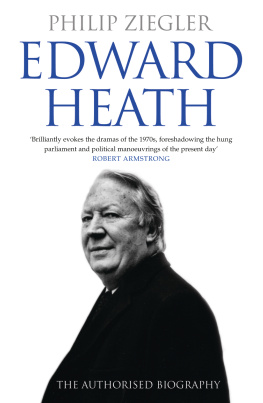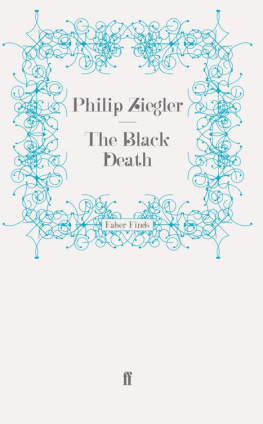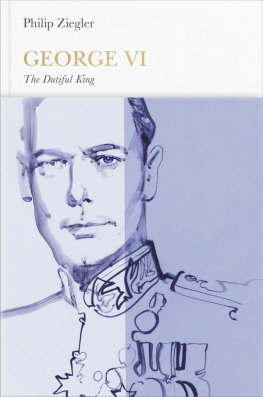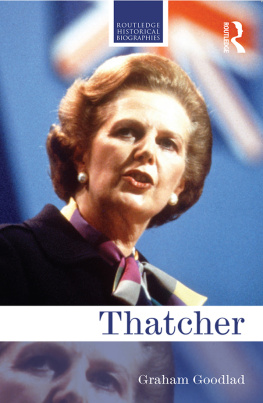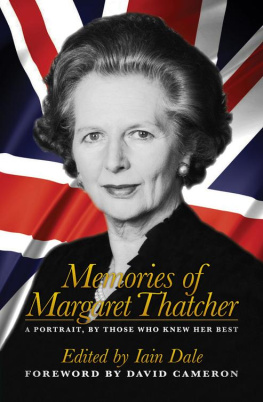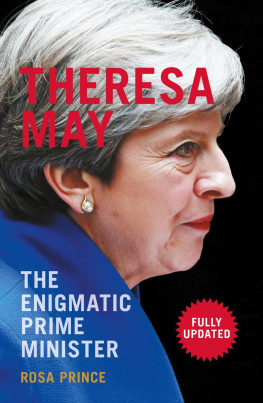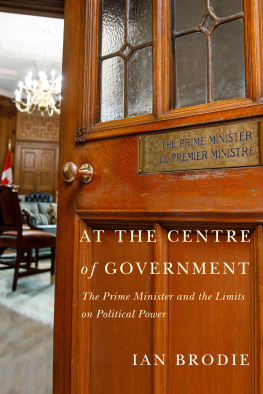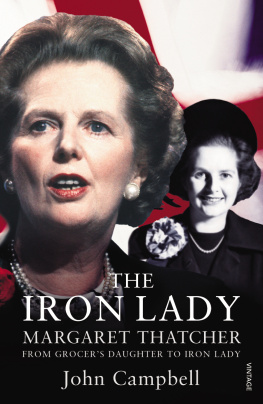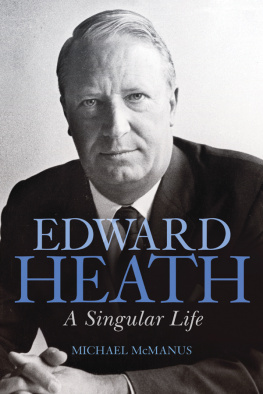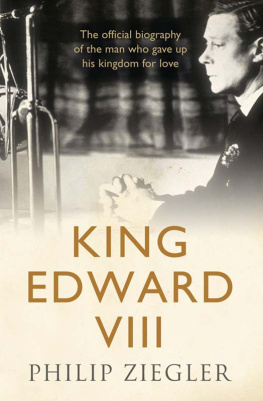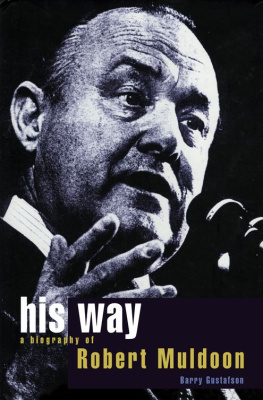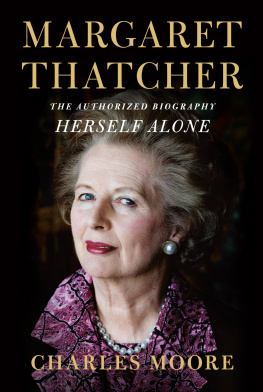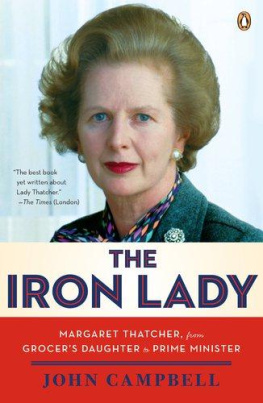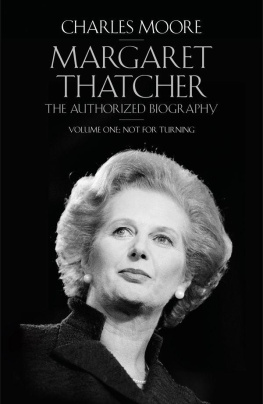Edward Heath changed the lives of the British people more fundamentally than any prime minister since Winston Churchill. By forcing through the abolition of Resale Price Maintenance he cleared the way for the all-conquering march of the supermarket and transformed every high street in the country. By securing Britains entry into Europe he reversed almost a thousand years of history and embarked on a course that would inevitably lead to the legal, political, economic and social transformation of his country. Both these reforms he forced through by a combination of determination, patience and persuasive powers, against the inertia or active hostility of a large part of the British population, including many of his own party. There may have been others who could have done as much, there may have been others who desired to do so, but it is hard to conceive of any other individual in the second half of the twentieth century who would both have been able and have wished to achieve this transformation.
Yet Heath today is largely forgotten: a meaner beauty of the night eclipsed by the refulgent moon of Margaret Thatcher. This is because, in spite of all he did, he was seen by others, indeed portrayed himself, as a disgruntled loser. Lady Thatcher, though she too was shipwrecked in the end, is remembered as a winner. It is the winners who remain prominent in peoples minds. Heath brought it on himself, but the importance of his contribution to British history deserves greater attention. Opinions may differ as to whether what he did was right; the immensity of his achievement in doing it is open to no question.
ONE
The Child and the Boy
Two future British prime ministers were born in 1916. Both belonged to what may loosely be called the lower-middle class and found their way by scholarships to grammar school and Oxford, where both were strikingly successful. Both served at one time in the civil service and took a precocious interest in politics. Both prided themselves on their knowledge of economics and were endowed by nature with prodigious memories. One was prime minister from October 1964 to June 1970 and from February 1974 to March 1976; the other occupied 10 Downing Street for the intervening years. In all other ways, few men can have been less similar than Harold Wilson and Edward Richard George Heath.
In fact, for those who take an interest in such arcane distinctions, the Wilsons were in origin slightly grander or at least less humble than the Heaths. They had been lower-middle class for several generations; the Heaths had only recently taken their first steps from the working classes. Ted Heaths first identifiable ancestor, his four times great-grandfather, Richard, had been a fisherman living in Cockington in Devonshire at the end of the eighteenth century. His son William followed the same calling but with scant success. By 1819, when William was 56 and presumably too old for an active seafaring life, he found himself with fourteen children and no job and was forced to lodge a petition with Trinity House as having no
George married a local girl. Their son, Stephen, the first terrestrial Heath, did not notably improve the familys prosperity. He went into the dairy business and at first did well, but then, according to his son William, lost all his money and went on the railway,
William Heath was far more like his exuberant and outgoing father than his more unapproachable son. He was a quiet and unassuming man, said Heath in his memoirs, In his own life as a builder he resolved to have as little to do with unions as could be contrived, and he inculcated in his son a conviction that, whilst unions as an institution were acceptable, even desirable, they should never be allowed to run riot or to consider themselves above the law.
William Heath was a man of intelligence, common sense and limited education. The few letters to his son which survive in the archive at Arundells, Heaths house in Salisbury, are sound in content but wayward in grammar and spelling; in one short letter we have emportant people, busness, we planed our week, untill, they have wrote to him and a dearth of question marks and apostrophes. Possibly he suffered from what would now be diagnosed as dyslexia; certainly he left school at the age of twelve and never had time to continue his formal education. He never doubted its value, however, and was resolved that his children should have a better start than he did. In this ambition his wife wholeheartedly supported him.
Without Edith Heath, indeed, it is unlikely that Ted would have been launched so successfully on his vertiginous career. She was a Pantony, another Kentish family, and her father had been gardener in a big house a few miles from Broadstairs. She became ladys maid to a rich, exacting but benevolent mistress and absorbed uncritically the values of propriety, decorum and unostentatious good-living which she found in the home of her employer. In his description of Edith Heath, John Campbell used the phrase strait-laced;
Different though they were, both physically and psychologically, William and Edith Heath were happy in their marriage. Edith may have been the stronger character and certainly it was her standards that prevailed at home, but she was wise enough to ensure that her husband never felt himself excluded or ignored. In a marriage, nobodys boss I dont believe in that, he told one of Heaths biographers, and everything suggests he approved heartily of the way his wife was bringing up his children. They started life in St Peters-in-Thanet, a village now absorbed into the Kentish holiday resort of Broadstairs. Teddy the use of Ted seems to have become habitual during the Second World War, he was never known as Edward

